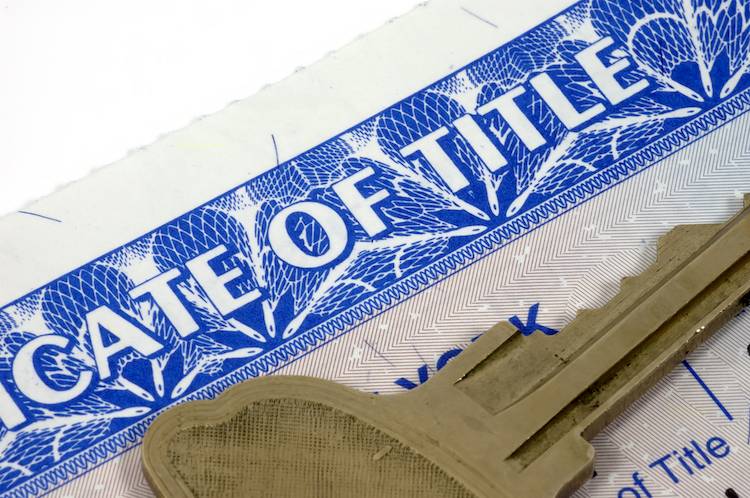

Like other states in the nation, Pennsylvania requires that most vehicles have a title and that the title be in the name of the owner. When ownership changes, the title must be transferred to the new owner. Changes might be due to selling the car, gifting or donating it, or inheriting a car. However, the state has very stringent requirements when it comes to the title transfer process, particularly when the process involves a private party sale.
What buyers and sellers should know
The state of Pennsylvania requires that both the buyer and the seller go to the DMV together to transfer the title to the new owner. This is not optional (some states allow buyers and sellers the discretion here).
What sellers need to provide
When you and the buyer go to the DMV, you’ll need to provide some specific information and documents.
You need the current title, completely filled out and including the mileage. Do not sign the title before arriving at the DMV.
You need valid, state-issued ID.
You and the buyer will both need to sign the title at the DMV, where a state employee can witness the process. Do not sign it before this.
Remove your license plates only after the title has been transferred. These can be put onto a new vehicle, or turned in to the DMV, but they do not go to the buyer.
What buyers need to provide
Like sellers, buyers must complete several steps during the title transfer process. They are as follows:
You must obtain insurance on the car and provide proof before having the title transferred. You’ll need to show proof of insurance when you and the seller visit the DMV.
You must sign the title in front of a DMV employee in the office.
You must have your state-issued driver’s license.
You must complete all fields on the title, including your personal information (name, address, etc.).
You must complete the Vehicle Sales and Use Tax Return/Application for Registration, which can be obtained from the DMV office (not online).
You must pay for the title transfer at the time. The fee is $51.
You will pay sales tax depending on your location, which ranges from 6% to 8% of the sale price of the car.
You have 10 days to register the car in your name, or it can be registered during the title transfer process.
What to do about gifting and inheriting vehicles
With a gifted vehicle, the process is the same as outlined above. Both the giver (owner) and recipient must appear together at the DMV. The same documents are required, with the addition of an Affidavit of Gift.
For an inherited car, you will also need to appear before the DMV in person. However, the rest of the process varies depending on the inheritance situation. Pennsylvania’s laws regarding inherited vehicles are complex, and the state has created a robust guide to explain the various situations and processes that apply.
For more information about how to transfer a car title in Pennsylvania, visit the state’s DOT/DMV website.



